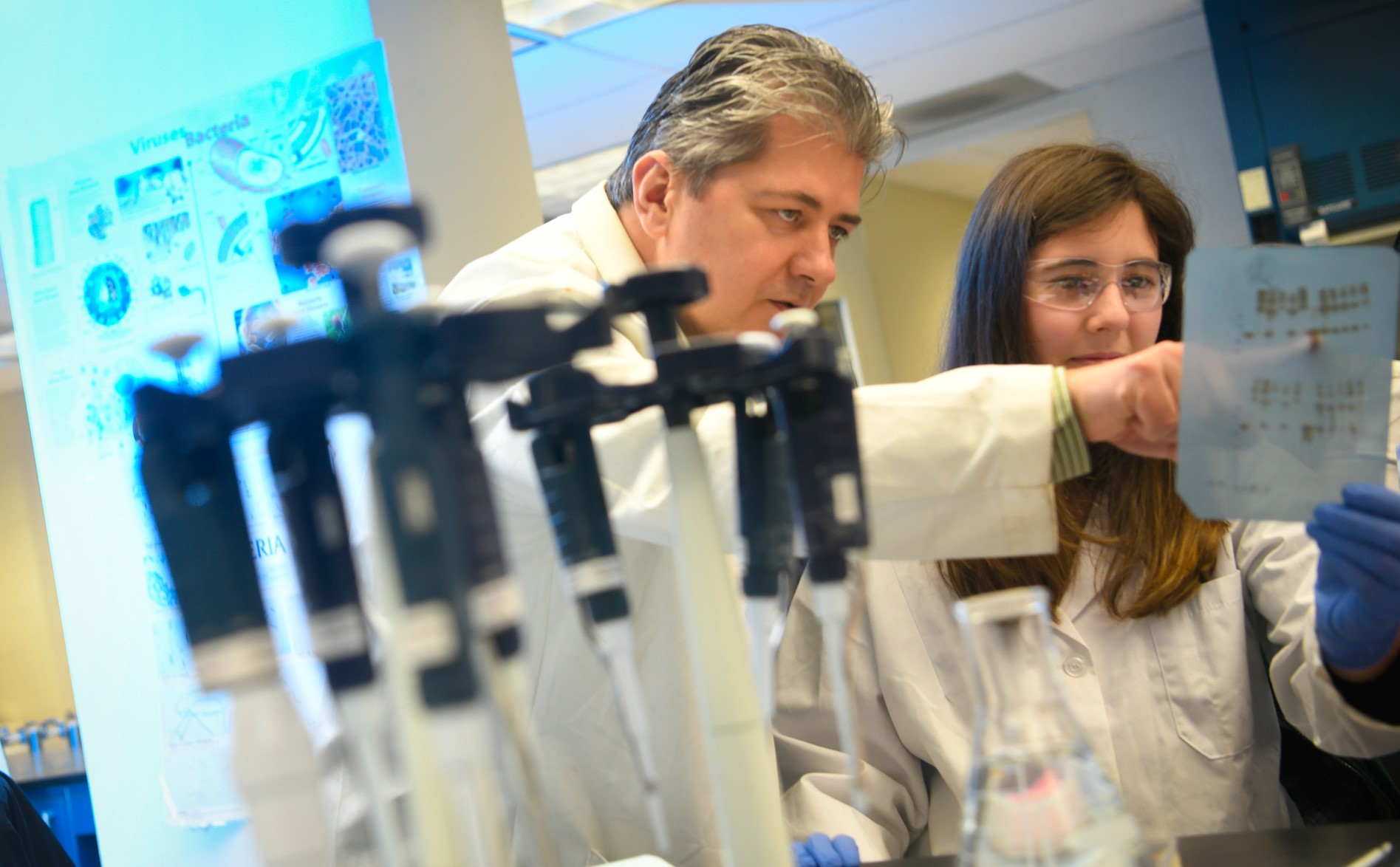Life is full of choices, and in the healthcare industry, those choices may mean the difference between life and death. Since its inception in the 1960s, the field of bioethics has played a major role in supporting decision-making and policy formulation within the healthcare system, but being in the midst of a global pandemic has only made the role of the bioethicist more crucial.
From patient care to vaccine distribution, COVID-19 has riddled the healthcare system with countless ethical dilemmas. How do you determine who receives care in an overwhelmed system and with limited resources? How do you balance the need to isolate infected patients with a family’s desire to be with their loved one? Who should receive the vaccine first, and why?
With new questions constantly arising and the demand for urgent decisions, bioethicists have played an invaluable and necessary role in helping to navigate our way through this pandemic.
Understanding the Role of a Bioethicist
Bioethics is an interdisciplinary, scholarly field that engages with the ethical questions that arise across healthcare system domains including research, public health and clinical work. With a primary focus on understanding what to do in the event of an ethical dilemma, the role of the bioethicist can expand beyond the healthcare industry to academia, policymaking in the public sector and community engagement.
“There is no typical day for a bioethicist,” says Clarkson alum, Lori Bruce, Associate Director of Yale University’s Interdisciplinary Center for Bioethics. “It is both rewarding and challenging to pivot from writing a hospital policy about ventilator allocation to helping a family decide whether to elect an invasive treatment to advising legislators on end-of-life laws.”
In a hospital setting, bioethicists provide bedside care for patients and their families, helping to facilitate dialogue when there is disagreement or to negotiate difficult decisions. They also help formalize hospital policies on a wide array of topics, from provision of treatment for under- and uninsured patients who are often undocumented, to life-sustaining treatment for patients who don’t have family or friends to represent their interests. Additionally, bioethicists may teach at undergraduate and graduate levels, participate in writing health law and policy, consult on and review research studies with both human and animal subjects, and engage communities around healthcare controversies to provide context and increase understanding.
With their expertise relevant to so many different areas and industries, the background of those interested in a bioethics degree program also varies. Clarkson alum Jacob Dahlke, current director of ethics at Nebraska Medicine, started his career as a high school biology and arts teacher, when he decided to take a summer long course on how to incorporate bioethics into high school curriculum.
“Bioethics packages content in the form of a problem that requires you to determine a solution,” Dahlke said. “It provides a lot of great opportunities for engaging high school students.”
What You’ll Study in a Bioethics Program
The field of bioethics draws on a variety of disciplines including philosophy, theology, law, social work and medical history. The Clarkson Bioethics program provides students with both a strong theoretical foundation and practical skills-based coursework. Our emphasis on the connection of theory and practical experience gives our students an edge in the career market.
For some students, a master’s degree or graduate certificate in bioethics can serve as a transition into a new career track. For example, a student with an undergraduate degree in STEM may be interested in pursuing a position on an institutional review board, which reviews research with human participants. Students with a clinical background, such as doctors or nurses, often find a degree in bioethics bolsters their established career by enhancing their ability to converse on difficult ethical conflicts, giving them tools for institutional policy writing and qualifying them to serve in leadership positions on hospital ethics committees. This degree is also popular with post-baccalaureate students who may wish to expand their skill set and strengthen their application for professional school programs.
At Clarkson, we offer three different specialization tracks that allow students to focus on their particular area of interest: clinical ethics, research ethics and policy. Our master’s and four-course certificate programs share many of the same requirements, so it’s easy to transition if you are interested in furthering your studies.
Why Study Bioethics at Clarkson?
Our Bioethics program, offered jointly with the Icahn School of Medicine at Mount Sinai, pairs comprehensive theoretical training with practical experience within a flexible hybrid framework. After an initial one-week intensive on the Clarkson campus, the majority of your coursework can be completed online. While many programs have temporarily transitioned online due to COVID-19, we have almost 2o years of experience in providing top-tier online education.
Our program is led by world-renowned faculty – some of whom were instrumental in the creation of bioethics in the late ‘60s – who facilitate a dynamic and engaging learning environment. Faculty serve as vital mentors, providing each student with one-on-one support to explore their particular area of interest in the master’s project. They are deeply committed to helping their students succeed both academically and professionally.
One of our program’s greatest strengths is the cohort model, which brings together students from a wide variety of backgrounds and perspectives. Students learn a great deal from each other as they discuss and debate ethical challenges from different perspectives. Our graduates draw on these invaluable lessons whether they find themselves working within the healthcare industry or helping to shape policy at the government level.
If you’re fascinated by the complex ethical questions raised by medicine and health law, take a look at the Clarkson Bioethics program.
Explore more articles on subjects like bioethics theory, clinical ethics, COVID-19 and more from the Clarkson Bioethics blog.


nice article thanks